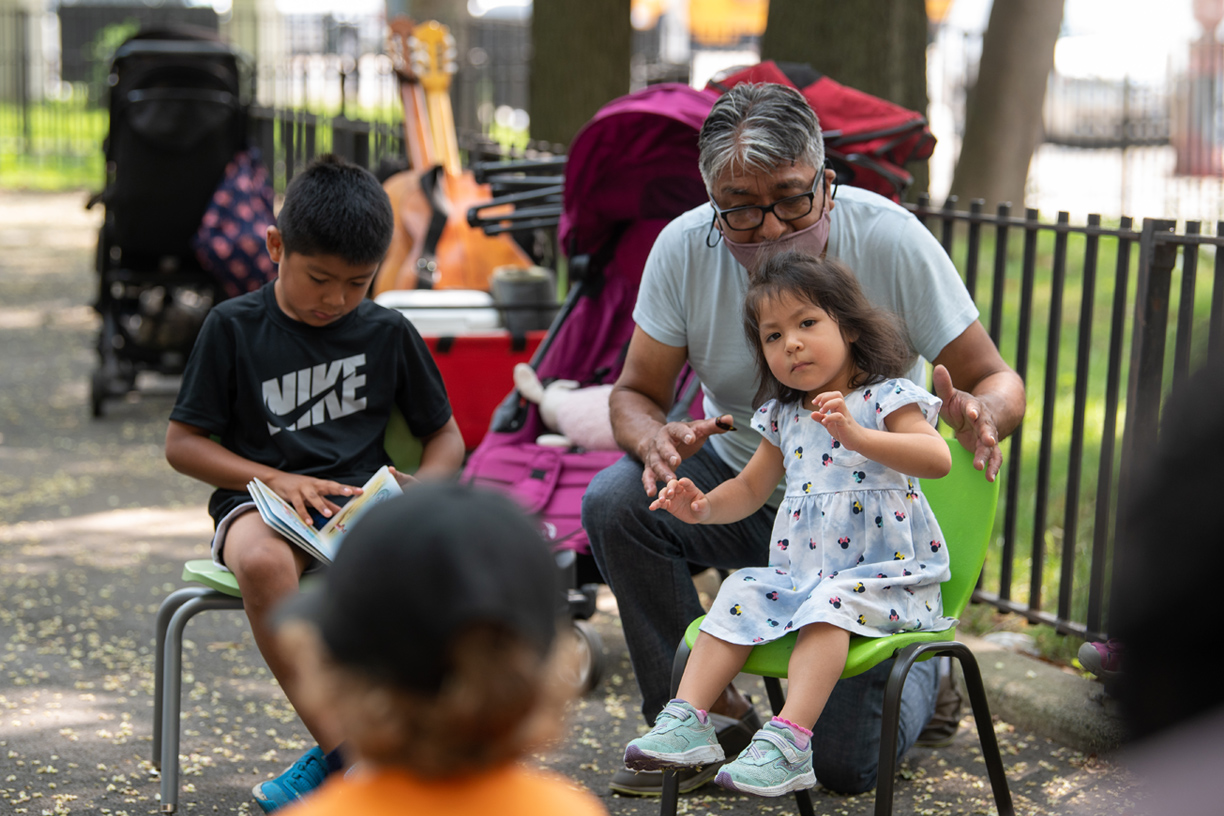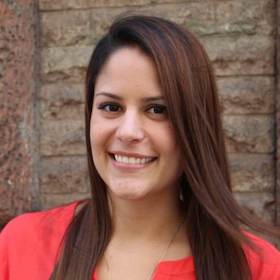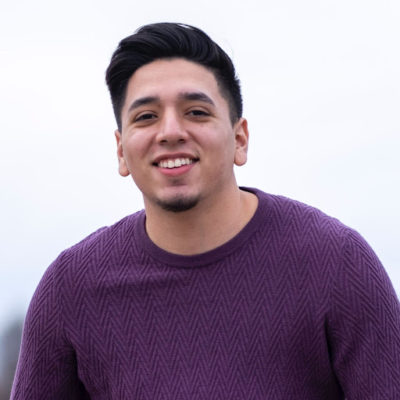What We Mean by “Caregivers”

FUEL for 50 is a challenge that focuses on supporting the parents and caregivers of 0-3-year-olds in New York City. So what do we mean by “caregivers?”
Caregivers are those who form attachments with children and tend to their needs – from food and shelter to learning and emotional support. These attachments build the foundation for healthy development and are critical in a child’s first three years of life – when their brains are rapidly developing and setting the stage for their future learning, personality, and emotional competence.
Anyone who’s looked after an infant or toddler can tell you it’s hard work, especially when balanced with other day-to-day challenges and stresses. To do this work effectively, caregivers (and caregivers’ basic needs) should be supported too. Adults dealing with multiple life stressors—like those faced disproportionately by low-income families—have less cognitive bandwidth to be optimal caregivers for their child. A caregiver struggling with depression or substance abuse might be less responsive or attuned to a child’s needs in their low periods. Programs that help caregivers deal with or alleviate these stressors therefore are critical to supporting child development: if caregivers are supported, they are better equipped to buffer children from toxic stress, build responsive relationships with children, and help children develop core life skills.
Typically, it’s assumed that biological mothers are children’s primary and most important caregiver during the first years of life. And while this may be true in some cases, it is not the only truth. This assumption has led child development research and programming to focus heavily on the mother-child dyad. And this historic research base only further perpetuates the nearly exclusive focus on mothers as caregivers.
In reality, mothers are rarely the only ones responsible for young children’s care and healthy development. As the saying goes, “It takes a village to raise a child.” Children grow up supported by a network of caregivers: grandparents, aunts, uncles, older siblings, babysitters, teachers, and of course their parents. All of these relationships contribute to their physical, emotional, and cognitive development – and all are part of our focus with FUEL for 50.
FUEL acknowledges the broad network of caregivers that are responsible for children’s development, and we designed FUEL for 50 to recognize and elevate the organizations who want to support those caregivers. While we of course encourage programs that support parents to apply, programs that support caregivers more generally are also welcome. For instance, if you support the caregivers of children whose parents are incarcerated or if you support child care providers and spaces, then we want to support you. New York City’s children depend on their caregivers, and we are counting on you to be there for them.

